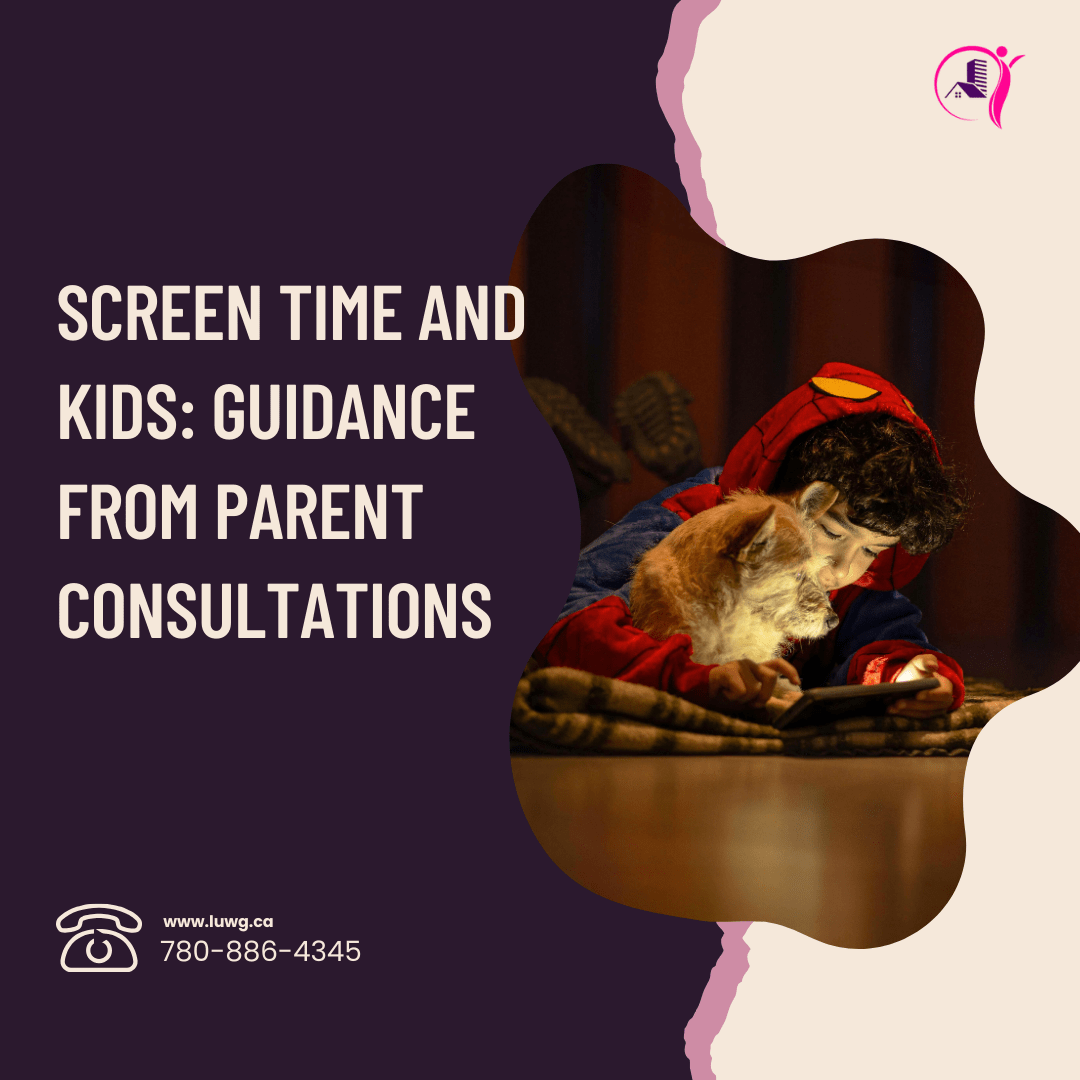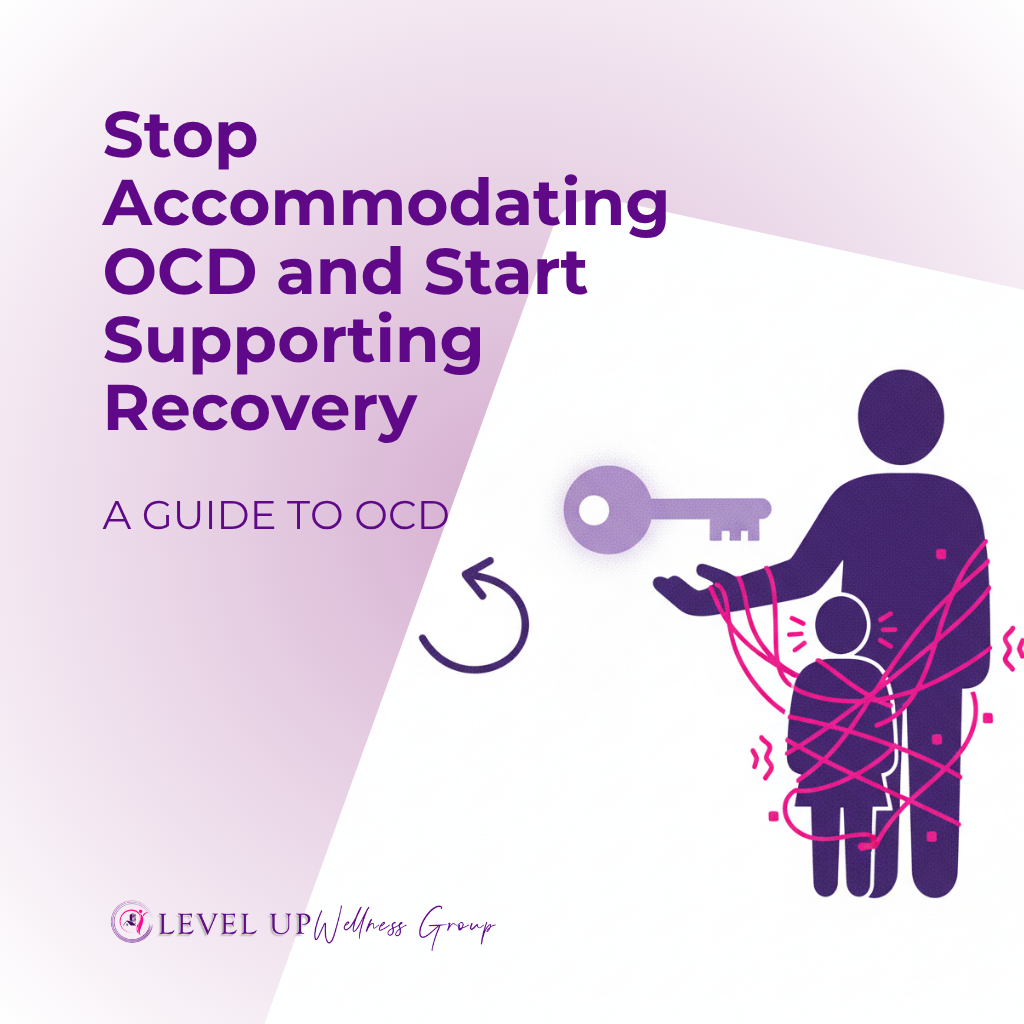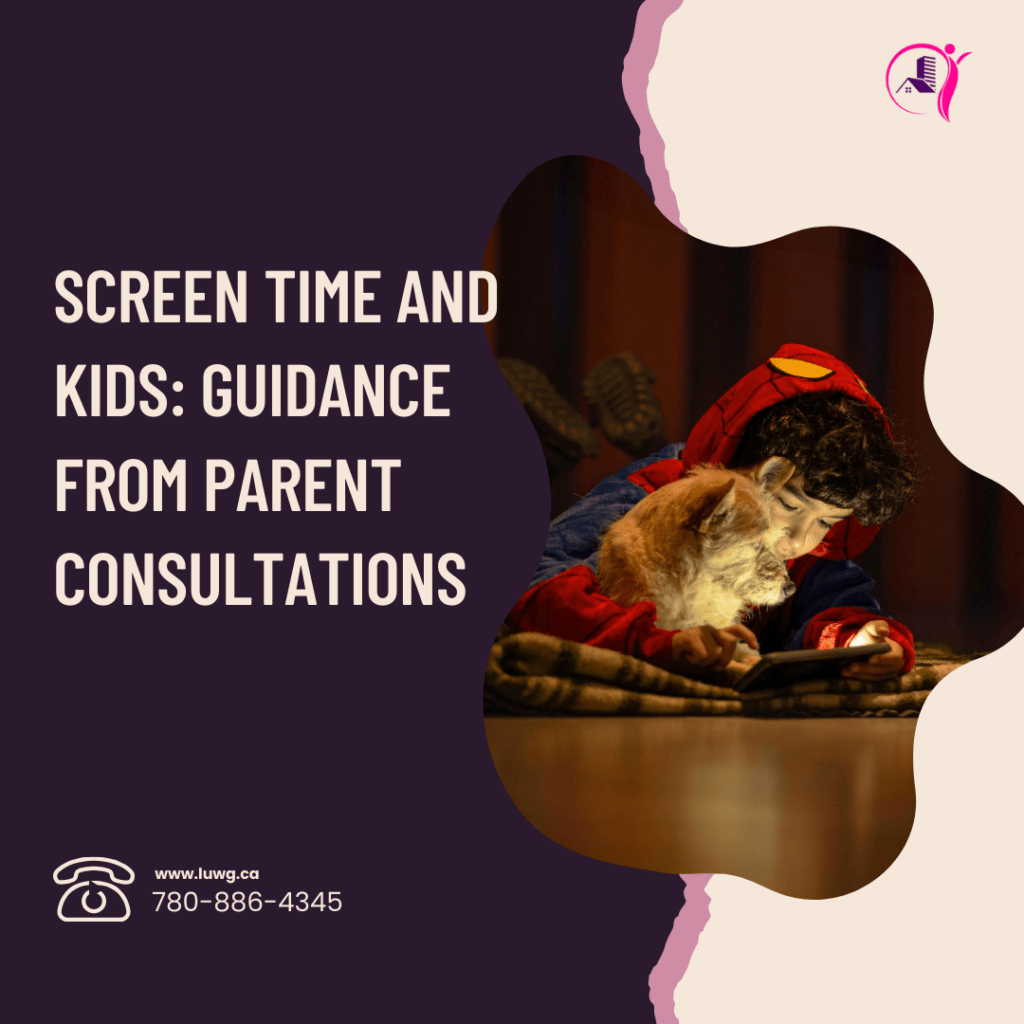
Introduction
Digital devices like tablets, smartphones, and computers have become a central part of children’s lives. From educational tools to entertainment platforms, screen time offers many benefits. However, it also brings negative effects on children’s health, development, and social interactions. Balancing screen use with physical activities, real-life interactions, and unstructured play is becoming increasingly vital.
Research shows that excessive screen time can disrupt sleep, hinder language skills, and reduce opportunities for physical activity and motor skill development. On the flip side, when used purposefully, screens can encourage learning and healthy screen habits. Consulting experts and engaging in family media plans are essential steps in ensuring that screen time contributes positively to a child’s growth.
This article, based on insights from parents and experts, explores the negative impacts, solutions, and alternatives for managing screen time effectively. It also provides tips for implementing age-appropriate guidelines and creating healthy screen environments for children.
For professional advice tailored to your child’s specific needs, you can explore resources like individual therapy services.
Understanding Screen Time and Its Impact
Defining Screen Time
Screen time refers to the hours spent on digital devices, such as smartphones, tablets, computers, and TVs. It includes various types of activities:
1. Educational Use:
Interactive tools and apps that promote skills like reading, problem-solving, and coding.
2. Entertainment Use:
Watching shows, playing video games, and streaming
3.Passive Consumption:
Scrolling through social media or binge-watching TV shows without meaningful

Key Statistics
- Infants and Toddlers (0-2 years): Nearly 90% of children under two interact with screens regularly, despite recommendations from the American Academy of Pediatrics to minimize exposure.
- School-Age Children (6-12 years): On average, children spend 4-6 hours per day on screens, which often reduces their engagement in real-life activities like outdoor play.
- Teenagers (13-18 years): Teens often exceed 7 hours per day of screen time, primarily on social media and gaming platforms.
Reports from organizations like Common Sense Media reveal that children’s screen time has doubled in the last decade due to the widespread availability of mobile devices.
Effects of Screen Time on Development
1. Cognitive and Academic Impacts
Excessive screen time can hinder brain development, particularly in young children:
- Language Skills: For toddlers and preschoolers, reduced real-life interactions caused by heavy screen use may delay speech and vocabulary development.
- Academic Performance: Excessive online activity like gaming or social media can decrease focus and negatively affect academic success by taking time away from homework or reading.
However, using high-quality educational apps can enhance skills like creativity and motor skills in moderation.
2. Physical and Emotional Health
Spending long hours on screens can negatively affect children’s physical and emotional well-being:
- Physical Activity: Increased screen time often leads to reduced physical play, contributing to weight gain and poor fitness levels.
- Sleep Disruption: Exposure to blue light—especially in the hour before bedtime—delays melatonin production, leading to difficulties falling and staying asleep.
- Mental Health: Overuse of digital devices has been linked to higher rates of anxiety, depression, and social withdrawal in children and teens.
Encouraging children to engage in outdoor activities or structured play can mitigate these negative effects and improve their overall well-being.
3. Social and Behavioral Considerations
Excessive screen time can impact social development and behavior:
- Reduced Family Interaction: Children spending more time on mobile devices often miss out on meaningful family connections. Implementing screen-free zones during meals or family time can help restore these bonds.
- Behavioral Influence: Exposure to violent or inappropriate content can shape children’s behavior and reinforce harmful stereotypes, underscoring the importance of monitoring what children watch or play.
To better address behavioral challenges related to screen time, consider professional guidance from LUWG’s therapy services.
Age-Appropriate Screen Time Recommendations
Experts, including the American Academy of Pediatrics, provide the following screen time guidelines for children:
Infants and Toddlers (0-2 Years)
- Screen use should be minimal, except for video calls that connect children with distant relatives or friends.
- Encourage sensory play, face-to-face interactions, and exploration of the physical environment instead of relying on digital devices.

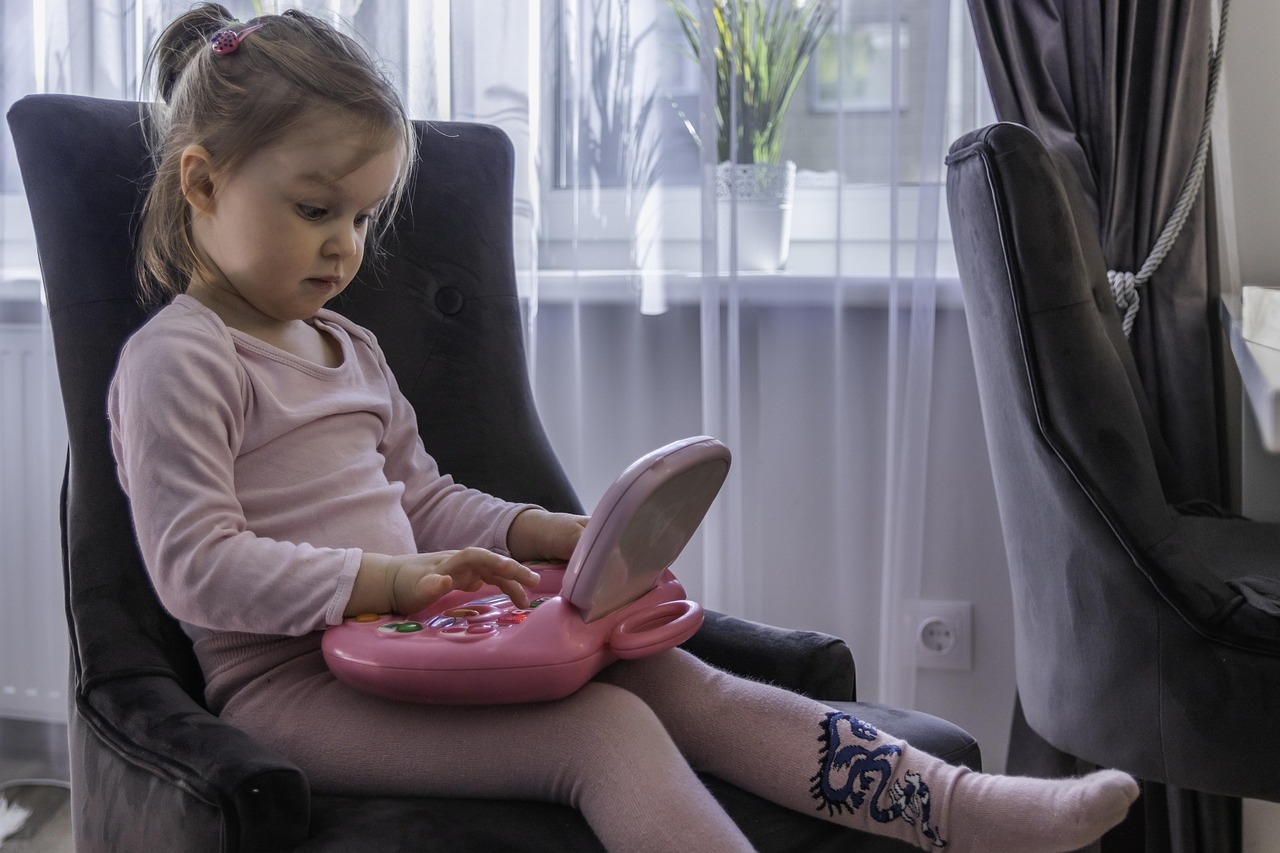
Preschoolers (2-5 Years)
- Limit screen use to 1 hour per day, focusing on high-quality educational content.
- Co-view with your child to help them engage meaningfully and build comprehension skills.
School-Age Children (6-12 Years)
- Create a balance between screen use, physical activity, and academic tasks.
- Avoid screens during the hour before bedtime to ensure better sleep quality.
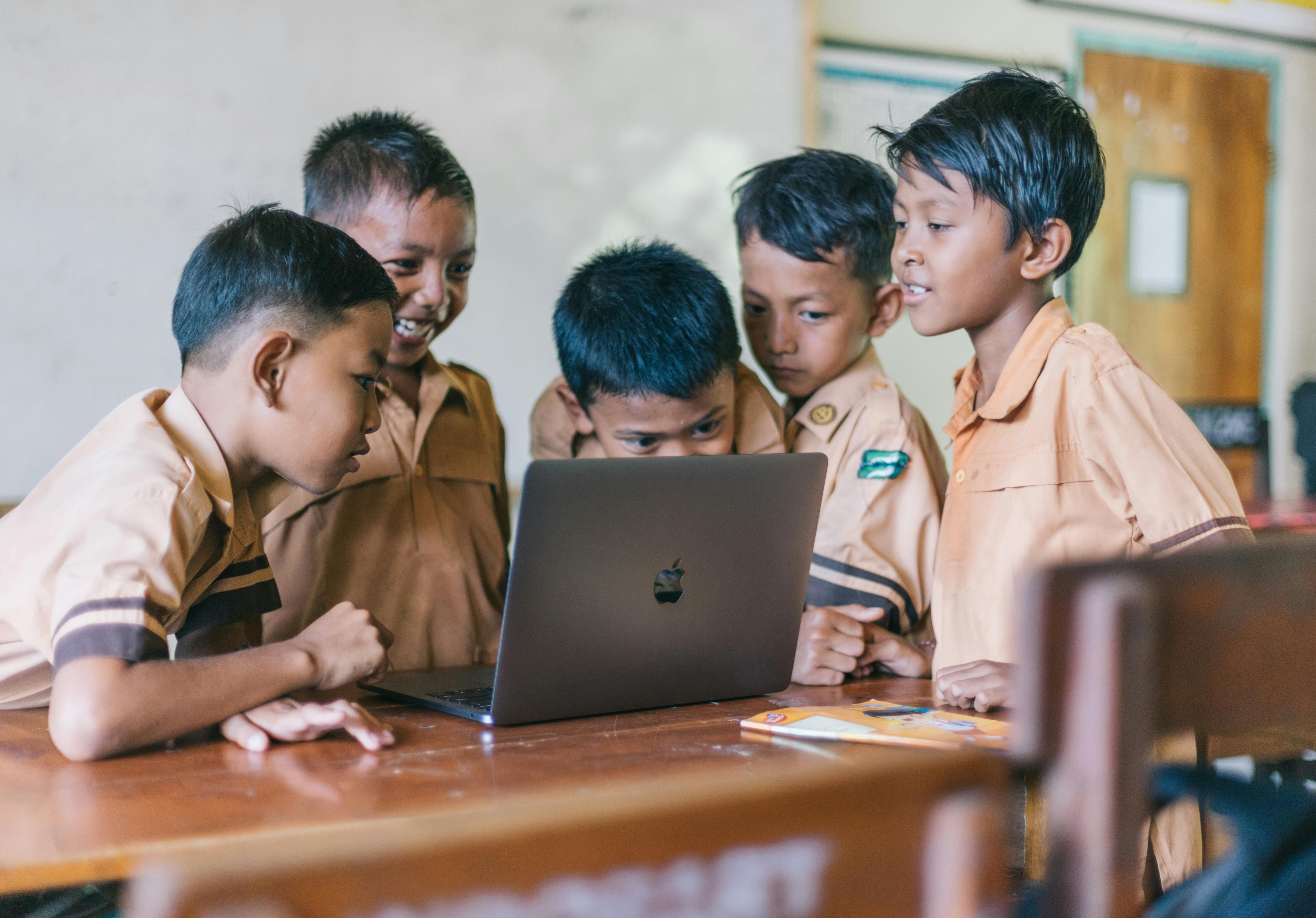

Teens (13-18 Years)
- Teach teens to self-regulate their screen habits. Encourage them to participate in non-screen hobbies like music, sports, or art.
- Promote productive online activity such as researching educational topics or joining virtual study groups.
- For personalized strategies based on your child’s age and developmental stage, consult professionals at LUWG.
Recognizing Red Flags of Excessive Screen Time
Emotional and Behavioral Changes
Signs of excessive screen time often include:
- Irritability or Mood Swings: Children may become anxious or angry when asked to turn off devices.
- Dependency on Screens: Some children rely heavily on screens to cope with boredom or stress.
If these issues persist, professional guidance can help address underlying problems. Contact us about specialized support for families.
Obesity in Children
Prolonged screen use often replaces active play, contributing to unhealthy weight gain. Children who spend several hours on screens daily are less likely to meet recommended physical activity levels, increasing their risk of:
- Sedentary Lifestyle-Related Issues: Lack of exercise and movement.
- Poor Eating Habits: Snacking while using screens can lead to overeating.
Encouraging regular physical activity and implementing screen-free times can combat these challenges.
Exposure to Inappropriate Content
Despite parental controls, children may encounter inappropriate content online, including violent or sexually explicit material. Parents can safeguard their children by:
- Using Filters and Parental Controls: Monitor what kids watch and restrict access to certain sites.
- Open Communication: Discuss potential dangers, like cyberbullying or risky behavior, and teach children to report uncomfortable situations.
For more strategies, contact us.
Impact on Cognitive Outcomes
Excessive screen use can affect cognitive outcomes in several ways:
- Reduced Focus: Too much multitasking with screens can impair attention spans.
- Delayed Learning: Unsupervised recreational screen use may interfere with learning and problem-solving.
Structured, intentional screen time geared toward skill-building can mitigate these effects.
Alternatives to Screen Use
Replacing excessive screen time with enriching activities helps children develop important skills and maintain their physical and mental health.
- Physical Activities: Outdoor games, team sports, and nature walks reduce sedentary behavior and foster teamwork.
- Creative Play: Arts, crafts, and building projects encourage problem- solving, imagination, and fine motor skill
- Family Bonding: Engage in screen-free activities like board games, cooking, or storytelling to strengthen family
- “Green Time”: Spending time outdoors has been shown to boost mood, reduce stress, and improve focus in children.
Providing diverse activities ensures that children do not default to screen use out of boredom.

Parental Roles in Managing Screen Time
Setting Rules and Limits
Parents play an essential role in shaping healthy screen habits.
- Family Media Plans: Create clear rules around when and where screens can be used. For instance, designate screen-free areas like bedrooms or dining spaces.
- Time Restrictions: Set daily screen time limits tailored to your child’s age and developmental needs.
For structured strategies and customized guidance, explore LUWG’s therapy services.

Co-Viewing and Media Selection
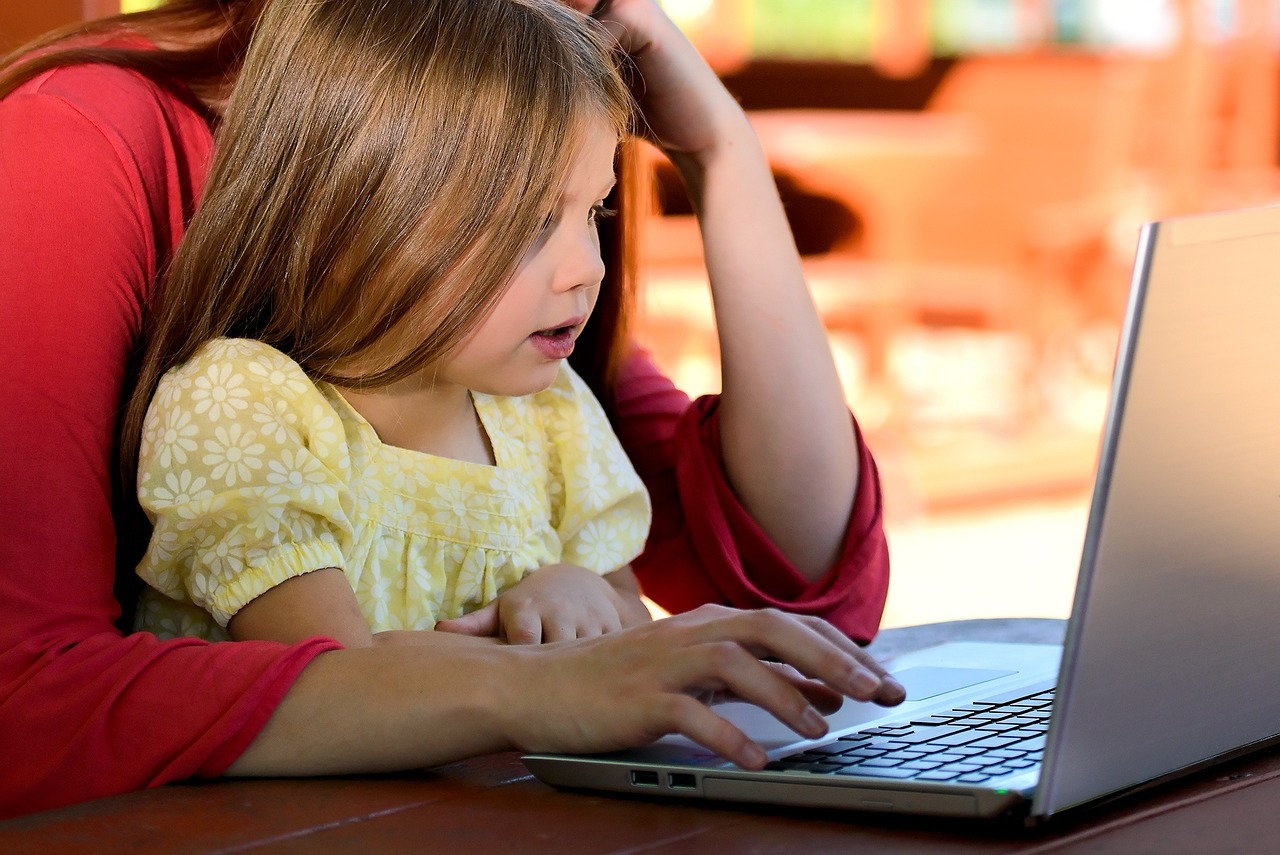
Engaging with your child during screen time makes it more meaningful:
- Co-Viewing: Watch videos, play games, or use educational apps together. This not only enhances learning but also creates opportunities for bonding.
- Content Selection: Choose high-quality programs or games that promote creativity, collaboration, and educational growth.
Role Modeling
Children often mimic their parents’ behavior, so it’s vital to demonstrate healthy screen use:
- Limit Your Screen Time: Reduce your own use of mobile devices during family time.
- Prioritize Offline Activities: Show enthusiasm for outdoor play, hobbies, and real-life connections to set a positive example.
By maintaining a balanced approach, you can guide your child toward healthier screen habits.

Strengthen Your Relationship – Book a Session Today
Screen time, when used thoughtfully, can have numerous benefits, from enhancing learning to fostering creativity. However, the risks of excessive screen time—such as exposure to inappropriate content, obesity in children, and poor cognitive outcomes—necessitate careful management.
By implementing parenting strategies like structured schedules, clear rules, and open communication, parents can create a balanced digital environment. Resources like Living Uniquely Well Group and their individual therapy and counselingservices offer tailored support to help families navigate these challenges.


